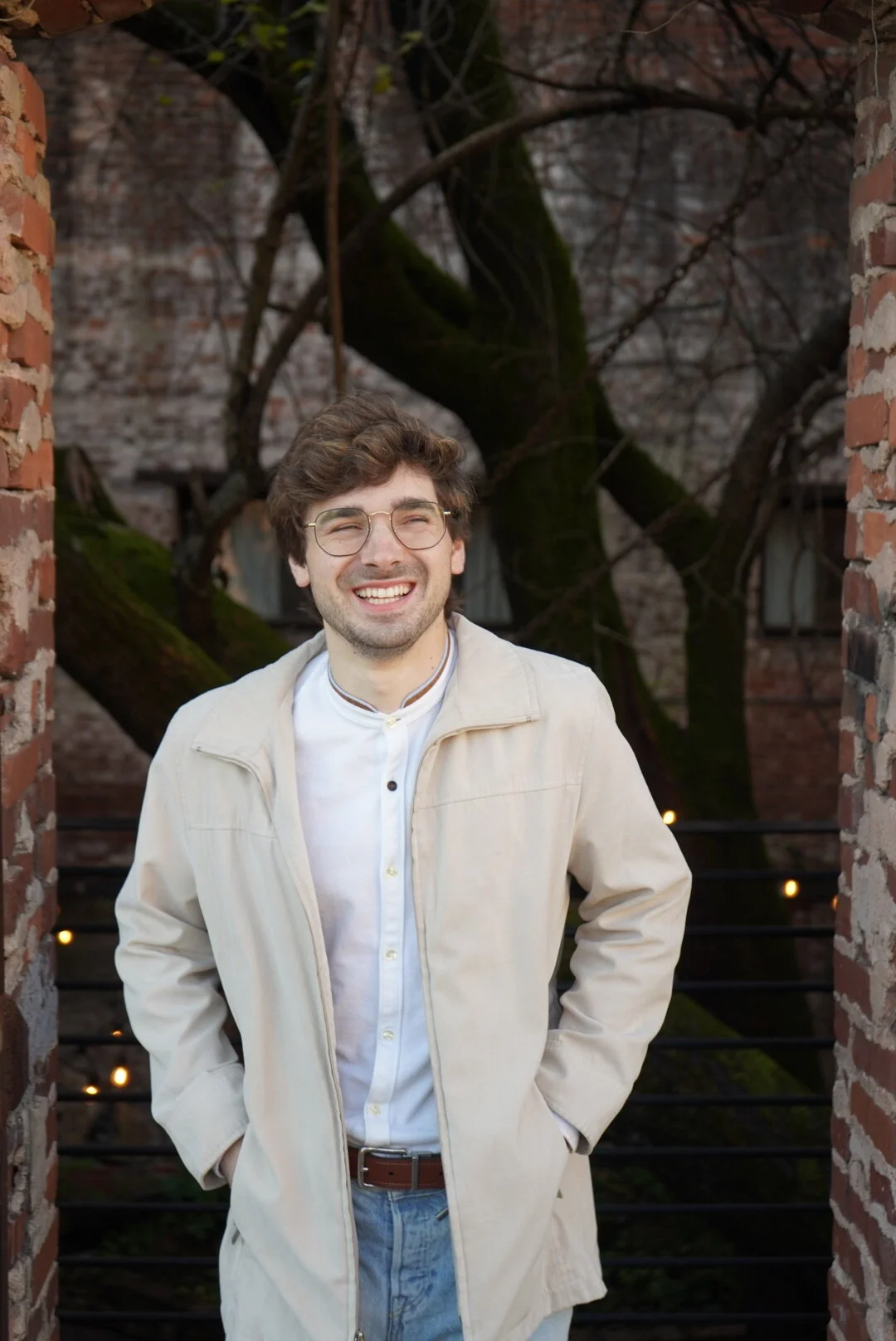Just be Yourself
fourth year jake forgay
photo by noah buchanan
Whenever I’ve heard the phrase, “Just Be Yourself,” I’ve never really understood what they were referring to. It is a pretty ambiguous piece of advice. Which self is yourself? The self that presents itself to family? To friends? To coworkers? To strangers? Who I am seems to depend on who I am with, and I don’t think that there is a more complex question than, “who are you?”
I won’t deny that there are certain selves that are marked with a greater degree of “me-ness” across different contexts and situations. I undoubtedly “feel more like myself” when I am in the presence of trusted confidants than with the joe-schmo across the street. Yet, to say that there is within you some singular entity, which is your true, authentic self, I think is a bit misleading.
Most of us assume that the self is stable and singular, and rightfully so. How can it not be? That sense of concreteness, of distinction, is so visceral, so accessible, that any suggestion otherwise would seem like complete and utter nonsense. The notion of a singular « true » self is also backed by the fact that there are undoubtedly specific thoughts, feelings, and behaviors that carry a greater degree of « true-ness » than others. Yet, contrary to conventional opinion, the self seems to be a process rather than a thing, a moment-by-moment arising and passing away of sensory content that we claim ownership over. And so if the self isn’t a stable entity, but rather a dynamic, fluid process, what is meant when people say « just be yourself »?
I think they mean authenticity - congruence of thought, feeling, and action (expression?) with chosen values.
In my experience, it seems that the degree to which I feel authentic is dependent upon the degree of congruence among what I’m thinking, feeling, and doing at that time. The more that I am able to clearly access and express internal sensory experience without interference - without suppression - the more authentic I feel, more myself. And conversely, the more I try to push away and suppress the expression of particular thoughts and emotions or engage in some behaviors that are incongruent with my chosen values or are judged inappropriate within certain contexts, the less authentic and less myself I feel.
So then, what is authenticity in the context of ever changing conditions? It is of course unreasonable to expect to behave the same way around your parents, than say, your peers. Different contexts warrant different interactions. But to be yourself, to be authentic, doesn’t mean to standardize your behavior across every context. That just doesn’t seem practical or realistic. Rather, I think it is more of a practice rather than a state. Don’t be yourself, practice authenticity. And just like any learning process, it involves fucking up and making some make mistakes. But as with any skill, you get better and better over time.

